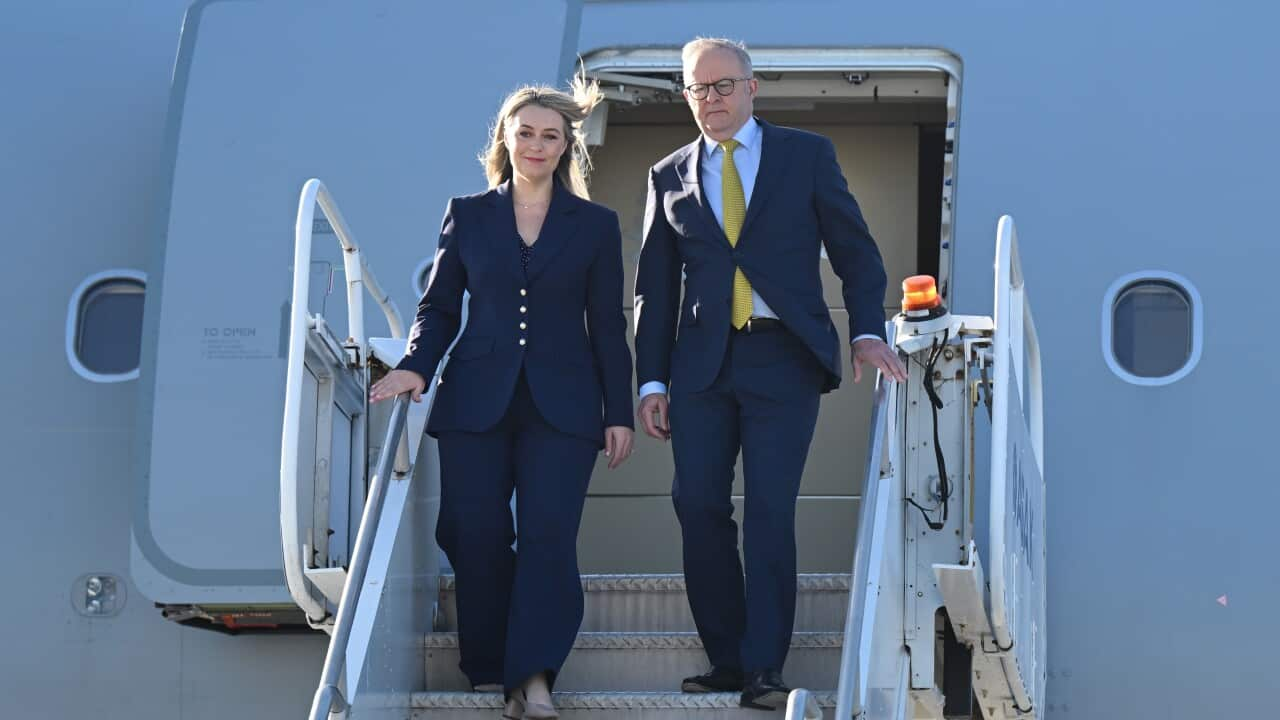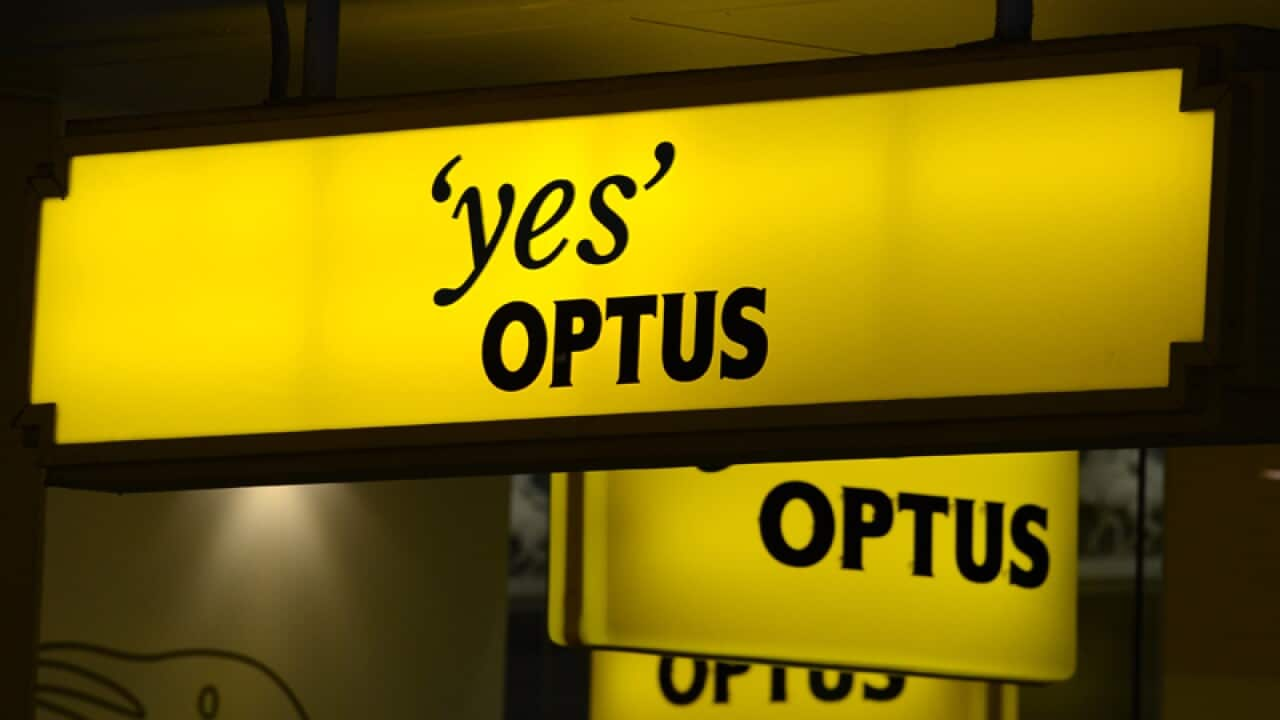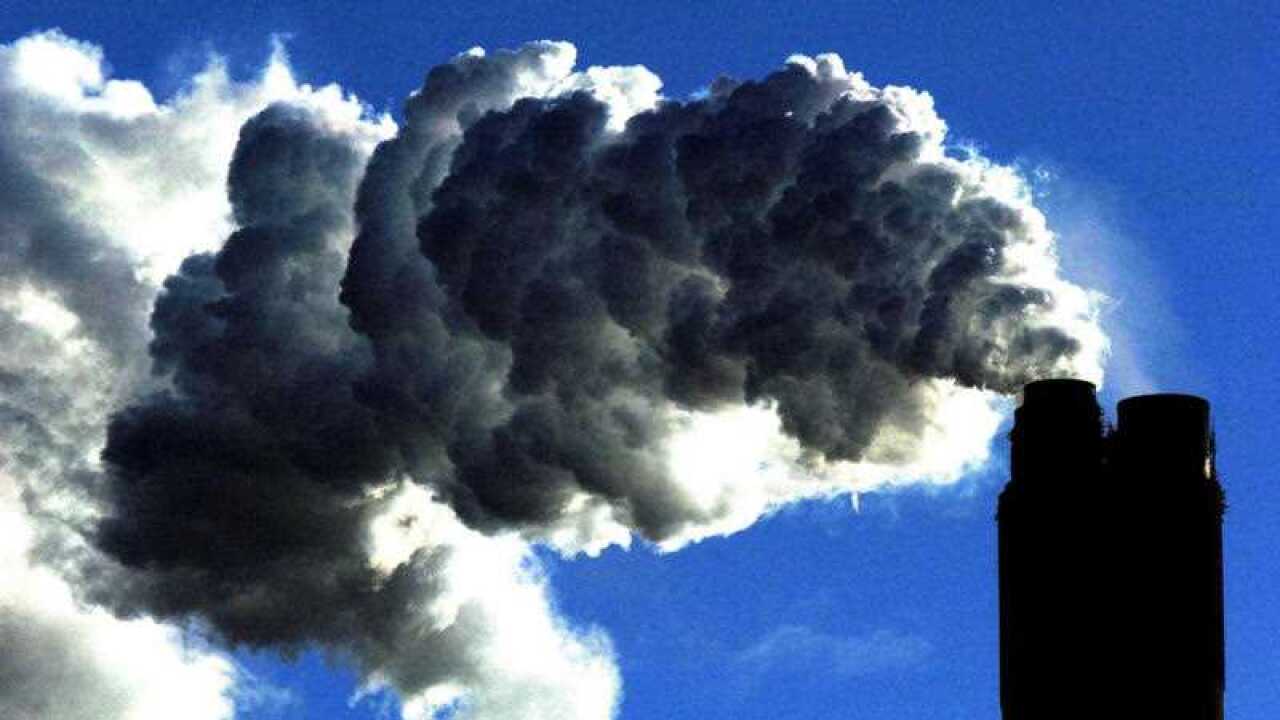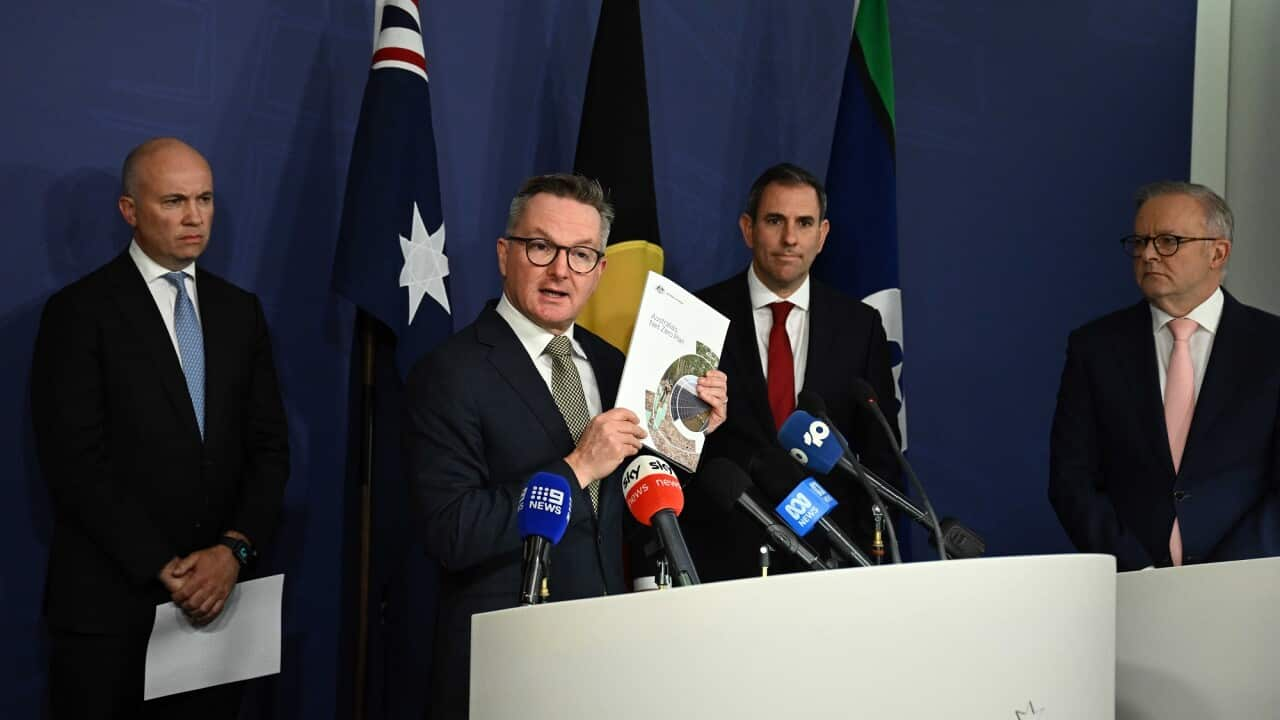In a speech at the National Press Club in Canberra, the Prime Minister unveiled part of the coalition’s economic plan designed to recover the nation back from the pandemic.
Highlights:
- Prime Minister unveiled part of the coalition’s economic plan designed to recover the nation back from the pandemic.
- He says significant changes to skills and vocational training will play critical roles in the economic recover post-COVID-19 pandemic.
- These changes will have implication for Australia’s skills migration program, says an expert.
Mr Morrison did not share many details but revealed that overhauling the skills system will be a priority to stimulate job creation in a changing labour market.
Economist Dr Vinod Mishra of Monash University says it is a good idea in principle.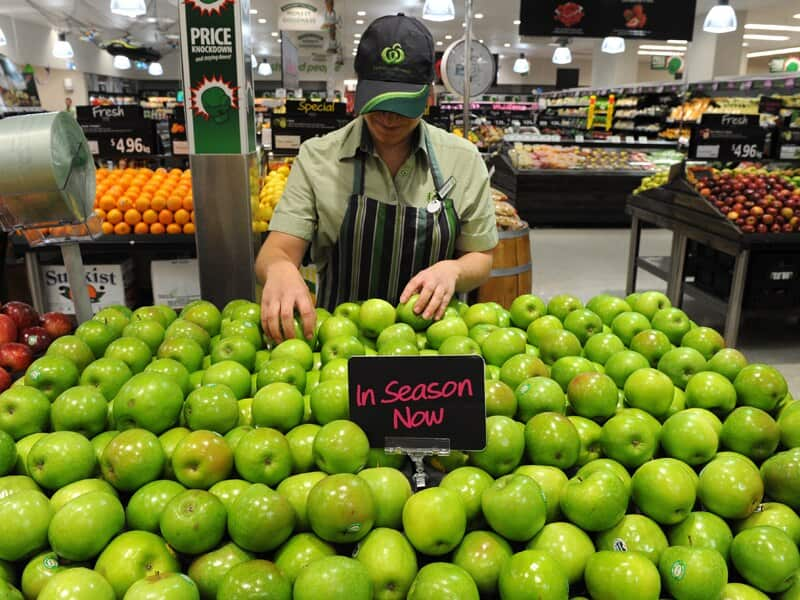 “Saying that funding would be more closely linked to skill gaps based on what businesses need, is a good idea in principle," he told SBS Hindi
“Saying that funding would be more closely linked to skill gaps based on what businesses need, is a good idea in principle," he told SBS Hindi

Retail giant Woolworths will cut an extra 400 jobs as it looks to save $500 million in costs. (AAP) Source: SBS
"And unless one knows how the government plan to measure what skill gaps are; and how businesses are going to help to identify them; it is hard to say how successful this package will be in meeting its objectives.”
Listen to this interview with Dr Vinod Mishra:
Mr Morrison also outlined plans to reform the skills sector.
He says there is a need to coordinate better the subsidies, loans and other sources of funding, based on principles of return on investment, to make the most of the support that is being provided.
“I want those trade and skills jobs to be aspired to not looked down upon or seen as a second-best option. It is a first best option. To address this challenge we’ve embarked on a series of skills organisation pilots. They are designed to give industry the opportunity to shape the training system to be more responsive to their skill needs and take responsibility for qualification development,” said Mr Morrison.
This might interest you:

New skilled occupation list delayed due to COVID-19
Dr Mishra thinks the federal government will form a national skills commission that will provide a detailed analysis of the labour market, and this analysis will be used to replace skills shortage lists for skilled migration and apprenticeship.
“Again a good idea in principle, but one must ask the question; how the government will ensure that this national body will do a better job in accessing skills shortages; which are often dependent on local factors than the current arrangements states have in place to access skills shortage at the state level? "How frequently will this national body update its analysis and how much local factors will be taken into consideration while determining the skills shortage? The critical challenge will be to ensure that a national body will have a better knowledge of skills-shortages at the local level than any local authorities.”
"How frequently will this national body update its analysis and how much local factors will be taken into consideration while determining the skills shortage? The critical challenge will be to ensure that a national body will have a better knowledge of skills-shortages at the local level than any local authorities.”

Australia's unemployment rate is set to nearly double because of COVID-19 pandemic. Source: AAP
Another implication of these changes, according to Dr Mishra, would be for Australia’s skills migration program.
“If the frequency of updating the skill-shortage list is not in sync with the timelines for processing skilled-migration visa, we will have a lot of mismatch between the skilled migrants coming into the country and the skills we need. Not to mention, it can create a lot of confusion and anxiety for potential skilled migrants,” Dr Mishra points out.
People in Australia must stay at least 1.5 metres away from others. Check your state’s restrictions on gathering limits.
Testing for coronavirus is now widely available across Australia. If you are experiencing cold or flu symptoms, arrange a test by calling your doctor or contact the Coronavirus Health Information Hotline on 1800 020 080.
The federal government's coronavirus tracing app COVIDSafe is available for download from your phone's app store.
SBS is committed to informing Australia’s diverse communities about the latest COVID-19 developments. News and information is available in 63 languages at sbs.com.au/coronavirus

